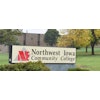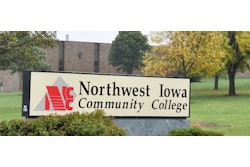ATLANTA – Federal officials are requiring colleges that use Kindles and other electronic book readers in the classroom to make sure the gadgets have accommodations for blind and vision-impaired students.
The U.S. Departments of Justice and Education sent a letter to college and university presidents Tuesday instructing them to find alternatives for blind students if the devices are required in the classroom.
Not doing so would be a violation of federal law, said Russlynn Ali, assistant secretary for civil rights at the Education Department.
“It is unacceptable for universities to use emerging technology without insisting that this technology be accessible to all students,” Ali wrote in the joint letter with Thomas E. Perez, assistant U.S. attorney general.
The federal government began examining last year whether the use of Kindles and other e-readers violated the Americans with Disabilities Act after a blind Arizona State University student sued the campus in June alleging that Kindle’s inaccessibility to blind students constituted a violation of federal law.
The lawsuit was settled in January with the help of the National Federation of the Blind and the American Council of the Blind.
Many e-readers have text-to-speech functions, but those don’t apply to menus, which means that a blind person would still need help using the device, Ali said.
“The key here is fully accessible, not in-part accessible,” Ali told The Associated Press. “Blind users cannot navigate the menu. They couldn’t fast forward or even know which book they were reading.”
So far, four universities including Princeton University testing Amazon’s Kindle in the classroom have struck deals with the Justice Department and agreed to shelve the e-readers until they are fully functional for blind students.
The other campuses are: Pace University in New York, Case Western Reserve University in Cleveland and Reed College in Portland, Ore.
A settlement is still being worked out with the University of Virginia, Ali said.
Amazon officials did not immediately return a request for comment. The company has said it is working on expanding features of the Kindle to ensure blind people can use them independently.
Ali said the policy also would apply to any K-12 schools wanting to use e-readers in the classroom, but so far only the school district in Clearwater, Fla., has expressed such interest. She said the Education Department is monitoring that district to be sure they meet federal requirements.















